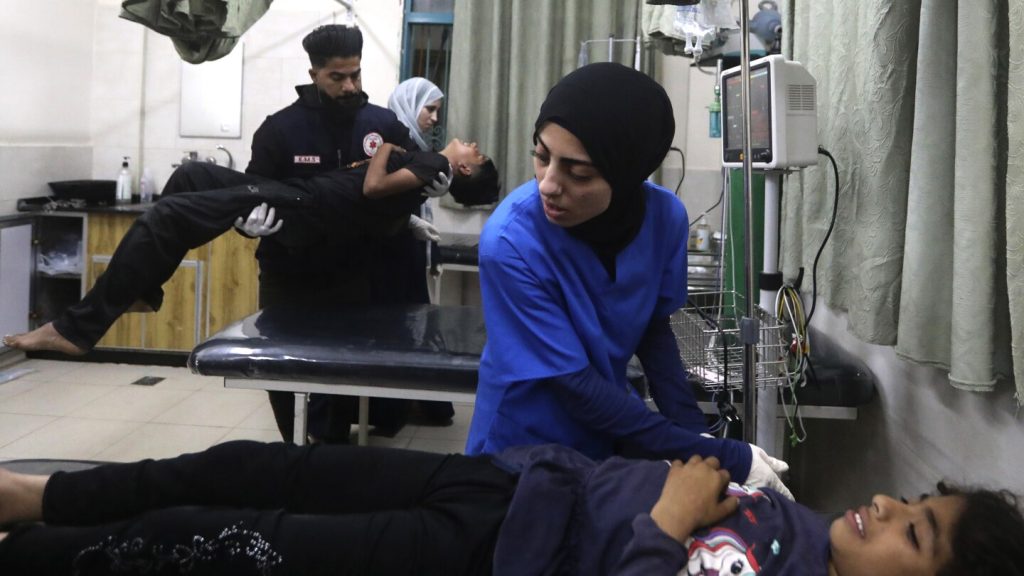A new sign of progress in attempts to secure a ceasefire in Gaza has emerged as Hamas is sending a delegation to Egypt for further talks. Egyptian and American mediators have reported signs of compromise recently, but the key question remains whether Israel will accept an end to the war without destroying Hamas. The United Nations warned that even if the conflict stops now, it will take until 2040 to rebuild all the homes destroyed by Israeli bombardment in Gaza. The impact on the economy will hinder development for generations.
The proposed three-stage process put forth by US and Egyptian mediators, with apparent acceptance from Israel, includes an immediate six-week ceasefire and partial release of Israeli hostages, along with negotiations for a permanent calm. Hamas seeks guarantees for a full Israeli withdrawal and complete end to the war. Hamas has displayed mixed signals, but its supreme leader Ismail Haniyeh spoke positively about the ceasefire proposal following discussions with Egypt’s intelligence chief and the prime minister of Qatar. Negotiations are ongoing in Cairo.
The cease-fire deal is seen as crucial to end a conflict that has killed thousands of Palestinians, causing widespread destruction in Gaza and a humanitarian crisis. Brokers hope the agreement will prevent an Israeli attack on Rafah, where many Gaza residents have sought shelter. Israel, which previously vowed not to stop bombardment until Hamas is destroyed, now faces the decision of whether to accept a ceasefire in return for a full hostage release. Israeli Prime Minister Benjamin Netanyahu continues to insist on maintaining a military presence in Gaza.
The fate of the agreement hinges on Hamas accepting uncertainty over the final phases, which may prevent an assault on Rafah. Egypt has assured Hamas that the deal will end the war, but Hamas wants specific language guaranteeing an Israeli pullout from all of Gaza. Despite some skepticism, US Secretary of State Antony Blinken urged Hamas to accept the deal, emphasizing the importance of reaching an agreement and avoiding further haggling. Meanwhile, tensions remain high as an Israeli airstrike killed five people in Gaza, including a child.
The Israel-Hamas war began in October, with Hamas militants raiding southern Israel, resulting in casualties and hostages. The ongoing conflict has led to immense destruction and a humanitarian disaster in Gaza, causing a sharp rise in poverty among Palestinians. The economy has been severely impacted, with the loss expected to worsen if the war continues. The United Nations Development Program has warned of a development crisis that could jeopardize the future of generations to come. The situation in Gaza remains dire, with hundreds of thousands facing famine and displacement.
Overall, the progress in ceasefire negotiations between Israel and Hamas offers hope for an end to the devastating conflict in Gaza. Despite challenges and uncertainties, international mediators are working towards a solution that could bring relief to the suffering population. The stakes are high, with the need to rebuild homes, revive the economy, and ensure a lasting peace for the people of Gaza. The world waits to see if both sides can reach a compromise and agree on terms that will bring about a meaningful ceasefire and pave the way for long-term stability in the region.


